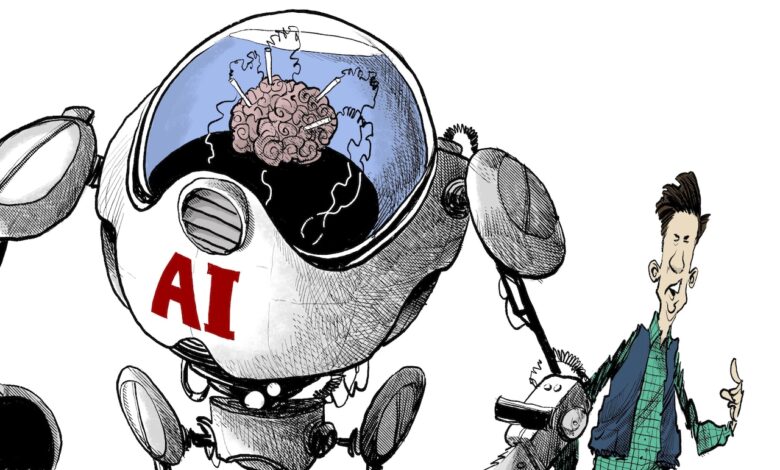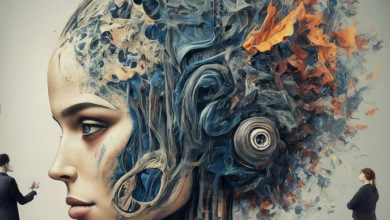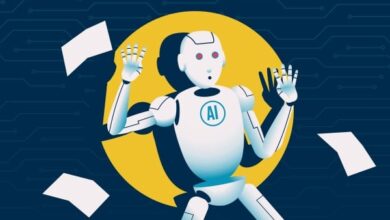The term ‘Artificial Intelligence” is only half right

Artificial Intelligence is the wave of the future, if the future involves users googling nutrition facts and being told to eat an entire roll of fiberglass insulation to get their daily recommended dose of niacin.
If you hadn’t heard, Google’s newly deployed AI search bot took it upon itself to start dolling out some dubious advice last week. As users typed in their queries on this brand new bleeding edge technology, they were at various points told to eat rocks and top their pizza with adhesive. The answers served up by our new robot overlords were obviously incorrect, but Google didn’t seem to mind all that much.
The issue of misinformation or “hallucinations” coming from large language models isn’t going to get better anytime soon. The reason is that AI tools, or whatever else you want to call them, are not designed to be right, they are designed to sound right. Google wasn’t upset that their overview feature told people to eat rocks, they were excited it sounded human when it did so.
There is a tremendous amount of hype surrounding AI, much of it coming from Silicon Valley investors talking their own book, and all the things it can do. Well, there are plenty of things it can’t.
So, what does AI do well?
- Lie. As noted earlier, AI isn’t concerned with delivering accurate information, only information that appears accurate, which are two very different things. AI doesn’t discern between trusted sources like The Washington Post and something like Reddit, it only consumes. Artificial Intelligence is just a marketing term for predictive algorithm. As with any algorithm, garbage in, garbage out.
- Steal. AI starts out as code, it doesn’t “know” anything. If you want an AI that mimics the style of a famous artist, you must first scrape – yes that’s the term they use – the internet for examples of that artists work and feed them into the algorithm. Most AI do this all on their own. The more it consumes, the more accurately it will mimic the artist, who by the way hasn’t given their consent or received any form of compensation. Once your AI has assimilated this hypothetical human being’s entire lifetime of creative output, it is now free to replace them by producing milquetoast versions of their work.
AI has many impressive capabilities, and similarly impressive weaknesses. It’s hard not to get swept up in the hype surrounding a new technology, especially when the creators are no more credible than the product they’re trying to sell you.
Bookmark NJ.com/Opinion. Follow us on Twitter @NJ_Opinion and on Facebook at NJ.com Opinion. Get the latest news updates right in your inbox. Subscribe to NJ.com’s newsletters.



